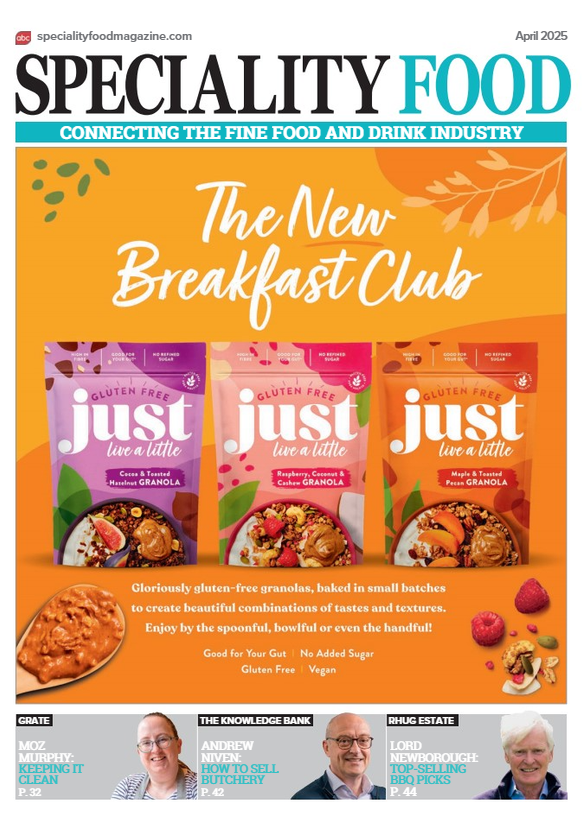“We’re a resourceful bunch”

- “Sticky fingers”
- “Everyone’s a winner”
- “Myths and legends of Turophilia”
- “When ‘cheese’ is not cheese”
- “Don’t disrespect the Cheddar”
It’s almost exactly 10 years ago that I sat down to create the first business plan for my cheesemonger.
It was flexible, to say the least, and the variance twixt desired turnover and worst case was wider than 1970s flared trousers. I pondered whether the concept was really something that residents and visitors to my home town might support, and guessed at the size of their shopping baskets. Would £75 artisan cheese orders for dinner parties be the norm, or would I forever be cutting ‘a quarter of mild Cheddar’ for a phalanx of little old ladies?
In the event, my clientele was a mixture between those two extremes; my overheads were low, margins were healthy and cash flow reserves adequate to enable me to trade for a while, then adjust my plans to reflect the reality of the project’s uptake. As an independent trader, I was able to react quickly, without needing to justify any re-positioning to investors, and thus ensure that the business could mature. I’ve spent time recently with some food businesses that are trying to make sense of their plans and budgets for the next financial year. We currently face a great deal of uncertainty on the future shape of Britain’s trading relations with other countries. This may, of course, be settled by the time you read this, but on recent experience, possibly won’t be. Consequently these businesses have been looking at how they can trade in a variety of different scenarios – with duties and exchange rates merely two factors in what seems like a four-dimensional game of chess. Yet, there are resourceful people behind these enterprises and I’m sure that whatever happens they’ll cut their cloth accordingly and make a decent fist of the reality in which they find themselves. I’m sure that they’ll be focusing on the elements of the plan over which they can have some control, rather than gnashing teeth over matters outside their influence.
Recently I watched the BBC’s Made in Great Britain: Cheese, an interesting hour that explored the changing ways in which cheese had been made in Wensleydale. With Courtyard Dairy’s hugely knowledgeable Andy Swinscoe as expert ‘host’, we saw four artisans from various fields try their hands at making cheese with methods used in the Middle Ages, Victorian times, the 1920s and finally, utilising contemporary equipment. I was captivated by the way in which external events had shaped the production methods. The Norman conquest brought monks and their cheesemaking into the area. When Henry VIII dissolved the monasteries, cheesemaking moved to multiple farmhouse production, mostly by women, each on a very small scale. As ‘science’ impacted the world, post Industrial Revolution, we saw consistency come into the process and production lines of white clad workers each doing a part of the cheese preparation.
Whatever the world at large had thrown at them over 900 years or more, cheesemakers had found a way to persevere and to refine their craft. The events of the next few months may be challenging, but from producer to retailer, we’ve proved ourselves a resourceful bunch.
more from Town Crier
-
“Black and White thinking”
08 August 2019 Town CrierLast time around I suggested trumpeting the benefits of the produce we offer, and the importance of conveying its taste and of making each purchase viscerally appealing. -
“Waxing lyrical”
12 February 2019 Town CrierOn a family holiday to Normandy in 1965, my parents and their adult friends were hugely excited by Livarot and Camembert – seldom seen back home in Hampshire. -
“What a wonderful world”
07 January 2019 Town CrierI was one of 235 judges at mthe recent World Cheese Awards,held in Bergen, Norway

